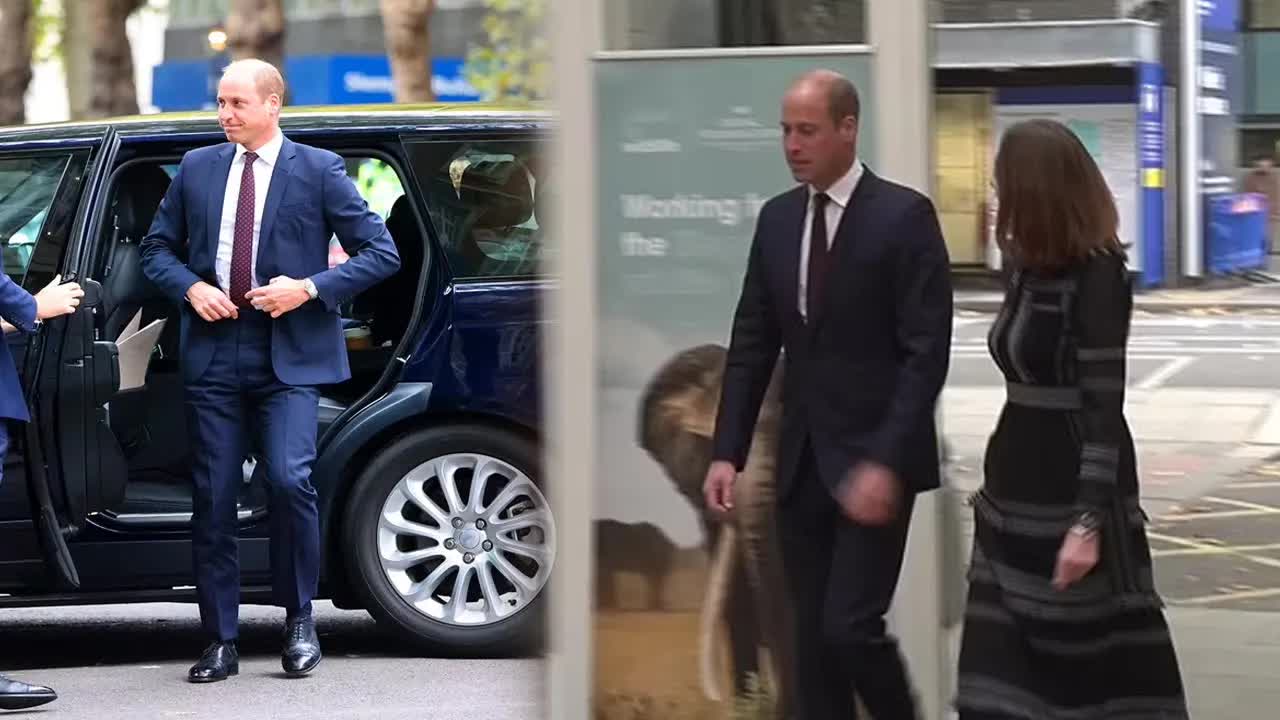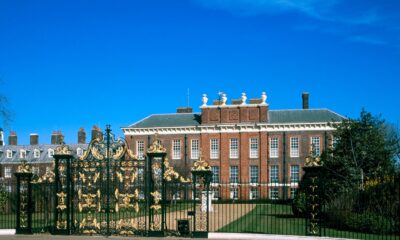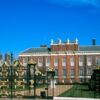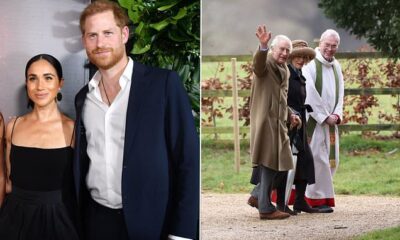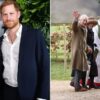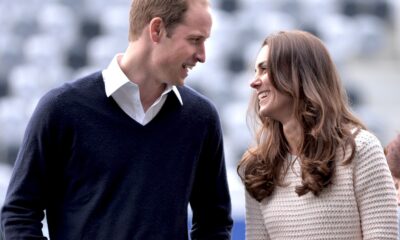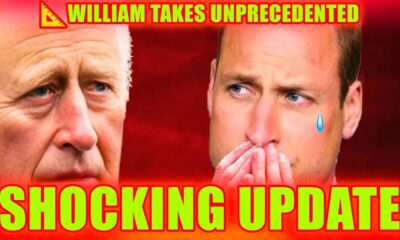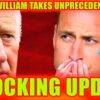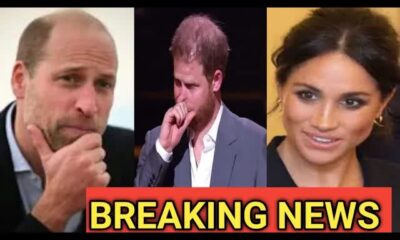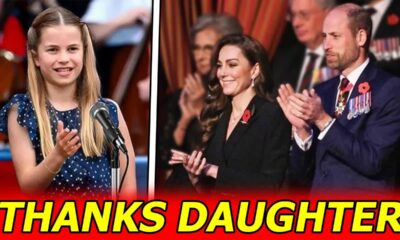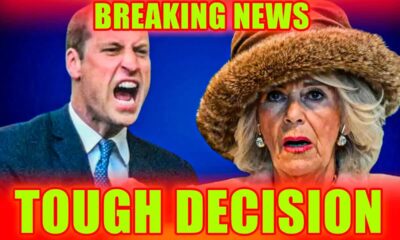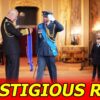The News
Prince William Honors Family Legacy in Fight Against Wildlife Crime
In a heartfelt address at the United for Wildlife Global Summit, Prince William paid tribute to his late grandparents while addressing the pressing issue of illegal wildlife trade.
This marked his first public speech since Queen Elizabeth II's passing last month.
The new Prince of Wales, looking sharp in a navy suit and light tie, spoke to an audience of delegates at the Science Museum in London, emphasizing the harmful effects of wildlife crime on local communities.
William opened his speech by reflecting on his family's dedication to environmental conservation.
He shared, “Our natural world is one of our greatest assets,” a lesson he learned from his father and grandfather, both passionate naturalists.
He also fondly remembered his grandmother, whose love for nature continues to inspire him.
In times of sorrow, he finds solace in honoring their legacy through meaningful action, particularly in the fight against illegal wildlife trade.
The prince specifically honored ranger Anton Mzimba, who was tragically killed by poachers in July at South Africa's Timbavati Nature Reserve.
William had met Mzimba during a visit to the reserve last November.
Describing the ranger's death as “brutal,” he expressed how it underscores the viciousness of wildlife crime.
“Anton dedicated himself to the protection of wildlife,” he stated, highlighting the sacrifices made by rangers and conservationists in the line of duty.
Illegal wildlife trade, estimated to be worth up to $20 billion annually, is linked to violent crime and corruption.
William has been a vocal advocate against this abhorrent practice, previously urging for a global commitment to end poaching.
He noted a significant victory last month when the U.S. Department of Justice sentenced a poacher to five years for trafficking rhino horn and elephant ivory valued at over $7 million.
During his speech, William acknowledged the challenges faced in combating wildlife crime, including a lack of coordinated international response and insufficient resources.
However, he remained optimistic, stating that they are committed to ensuring that those involved in wildlife crime face consequences similar to other serious crimes.
His message was clear: no more hiding in the shadows.
He praised the United for Wildlife initiative, which he founded in 2014, for its efforts and warned poachers that they would face serious repercussions for their actions.
Addressing the 300 delegates present, including Lord Hague, he emphasized the impact their collaboration has had and urged them to continue their vital work.
“There are still too many criminals who believe they can act with impunity,” he warned.
The summit brought together global leaders from law enforcement, conservation organizations, and the private sector to strategize against illegal wildlife trade.
Since its inception, United for Wildlife has been involved in numerous law enforcement cases, leading to hundreds of arrests and seizures of wildlife products.
This collaborative effort aims to dismantle the networks that facilitate such crimes.
William's commitment to environmental causes extends beyond wildlife conservation.
He launched the Earthshot Prize two years ago with renowned broadcaster Sir David Attenborough, further solidifying his dedication to combating climate change.
However, it was recently revealed that both he and King Charles will not attend the upcoming COP 27 climate summit, reportedly based on advice from Prime Minister Liz Truss.
Despite the decision not to attend, the royal family remains focused on environmental issues.
King Charles has a long history of advocating for climate action, having addressed previous COP summits.
The decision to skip COP 27 has sparked speculation about the government's commitment to environmental targets, especially in light of concerns regarding net-zero emissions by 2050.
While the palace has stated that the king's absence was mutually agreed upon, many believe his presence would have added significant authority to the British delegation.
Conservative MP Tobias Elwood expressed hope that the king would be allowed to attend, recognizing his global influence on environmental matters.
As the battle against illegal wildlife trade continues, Prince William's recent speech serves as a poignant reminder of the importance of collective action.
With the stakes higher than ever, his call to arms resonates deeply within the conservation community, inspiring renewed efforts to protect our planet's precious wildlife and ecosystems.


